Former Treasury Secretary Janet Yellen voiced sharp concerns Monday about the economic and market impact of President Donald Trump’s shifting tariff policies, calling them misguided and warning of growing uncertainty for investors, households, and international partners.
In interviews across major news outlets, including Bloomberg and CNBC, Yellen said the rationale behind Trump’s tariffs—particularly those aimed at allies and based on trade deficits—was “unclear and not at all sensible.” She added that such moves have contributed to a broader loss of confidence in US economic policy and the safety of dollar-based assets.
“We’re in a world of tremendous uncertainty,” Yellen said during a Bloomberg appearance, adding that recent steps toward easing tariffs were welcome but insufficient. “This is really creating an environment in which households and businesses feel paralyzed by the uncertainty about what’s going to happen — it makes planning almost impossible.”
Yellen, who previously led both the Federal Reserve and the Treasury Department under Presidents Obama and Biden, said current market conditions reflect investor anxiety. She pointed to the unusual simultaneous rise in both US Treasury yields and a weakening dollar, a pattern she said suggested that some investors are starting to shy away from traditionally safe US assets.
“Normally, chaos would push people into Treasurys and strengthen the dollar,” she said on CNBC’s Squawk Box. “But we’re seeing the opposite — yields up, dollar down. That’s a sign of eroding trust in US policy and financial stability.”
Recent Treasury market volatility, fueled in part by fears of weakening demand for US debt, came after Trump announced sweeping new tariffs on most imports, followed by a 90-day pause on all but those targeting China. The sudden reversals caused swings in global financial markets and drew scrutiny from both domestic and international observers.
Yellen also warned that continued tariffs on Chinese goods could lead to a “prohibitive” level of trade restrictions, accelerating the economic decoupling between the world’s two largest economies. She expressed hope that China might be open to de-escalation if the US also rolled back trade barriers.
“I think that the tariffs we’ve placed on China are going to impose very significant burdens on American households,” Yellen said. “China would likely prefer to remove recent trade barriers, but the US needs to take reciprocal steps.”
Among her criticisms was the inclusion of Vietnam in Trump’s tariff framework, despite past US efforts to diversify supply chains away from China.
“I’m confused about what the administration is looking for with Vietnam,” she said. “We encouraged them to take on this role for national security purposes.”
While Yellen said the US economy remains fundamentally strong, she noted that if financial instability grows, the Federal Reserve has tools at its disposal, including liquidity facilities similar to those used during the early stages of the COVID-19 pandemic. However, she emphasized that such measures are not needed at this stage.
In closing, Yellen underscored a broader concern: that the United States’ shifting economic and foreign policy signals may be damaging its global reputation and opening the door for rivals like China to strengthen ties with traditional American allies.
“I really am worried about the United States becoming isolated, viewed as untrustworthy,” she said. “That creates opportunities for China to work more closely with allies like Japan and South Korea.”
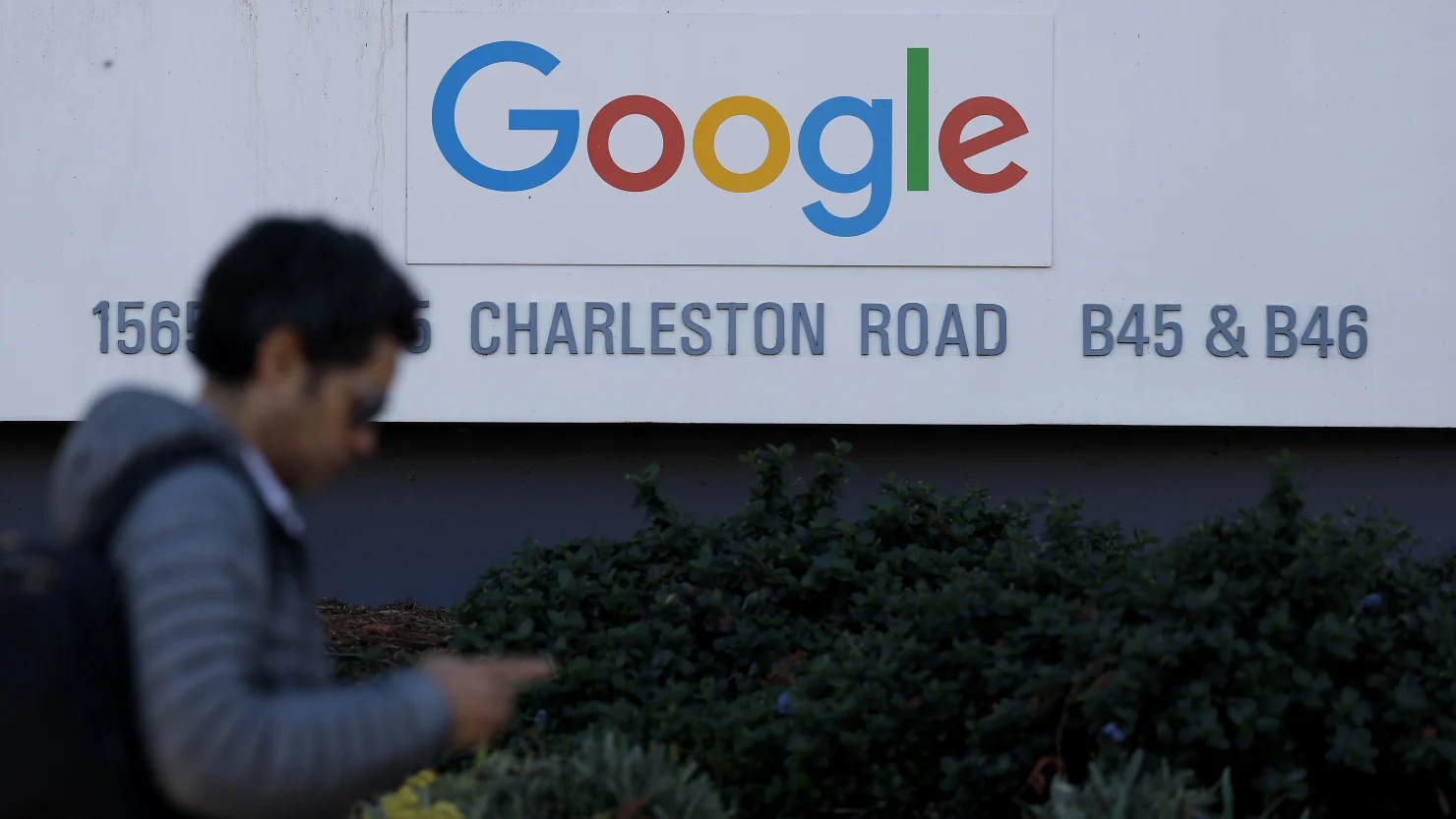
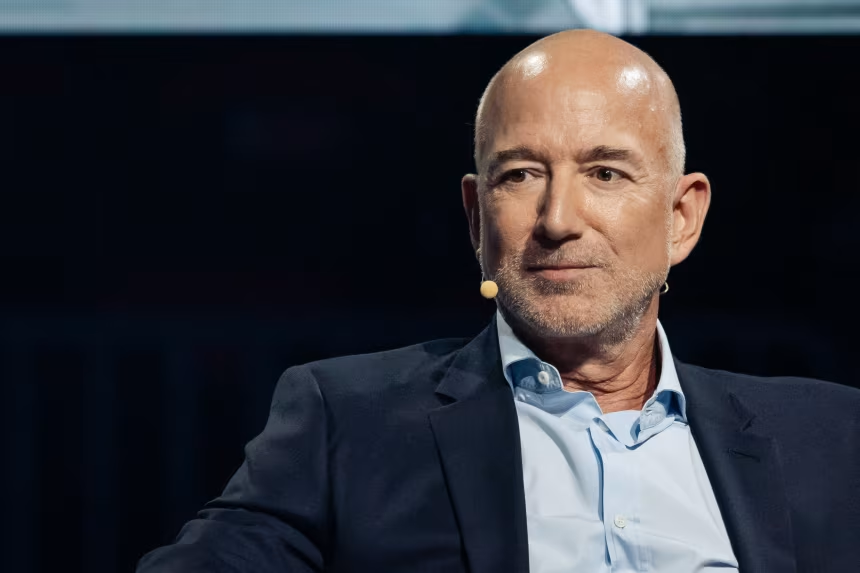
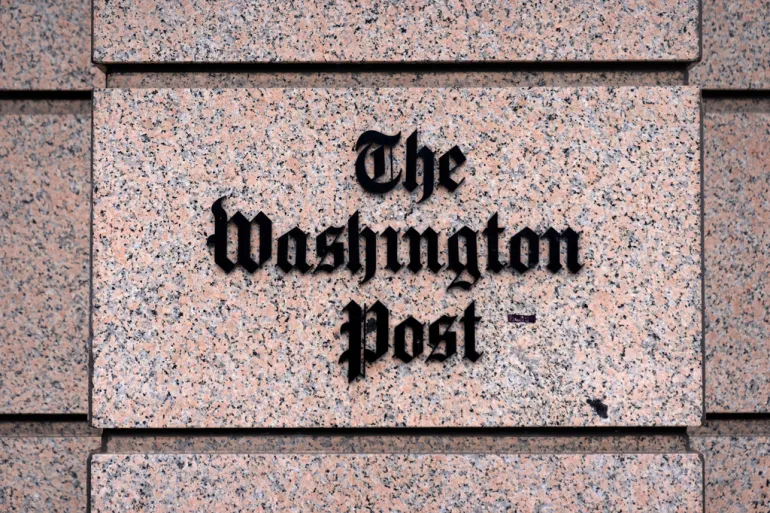

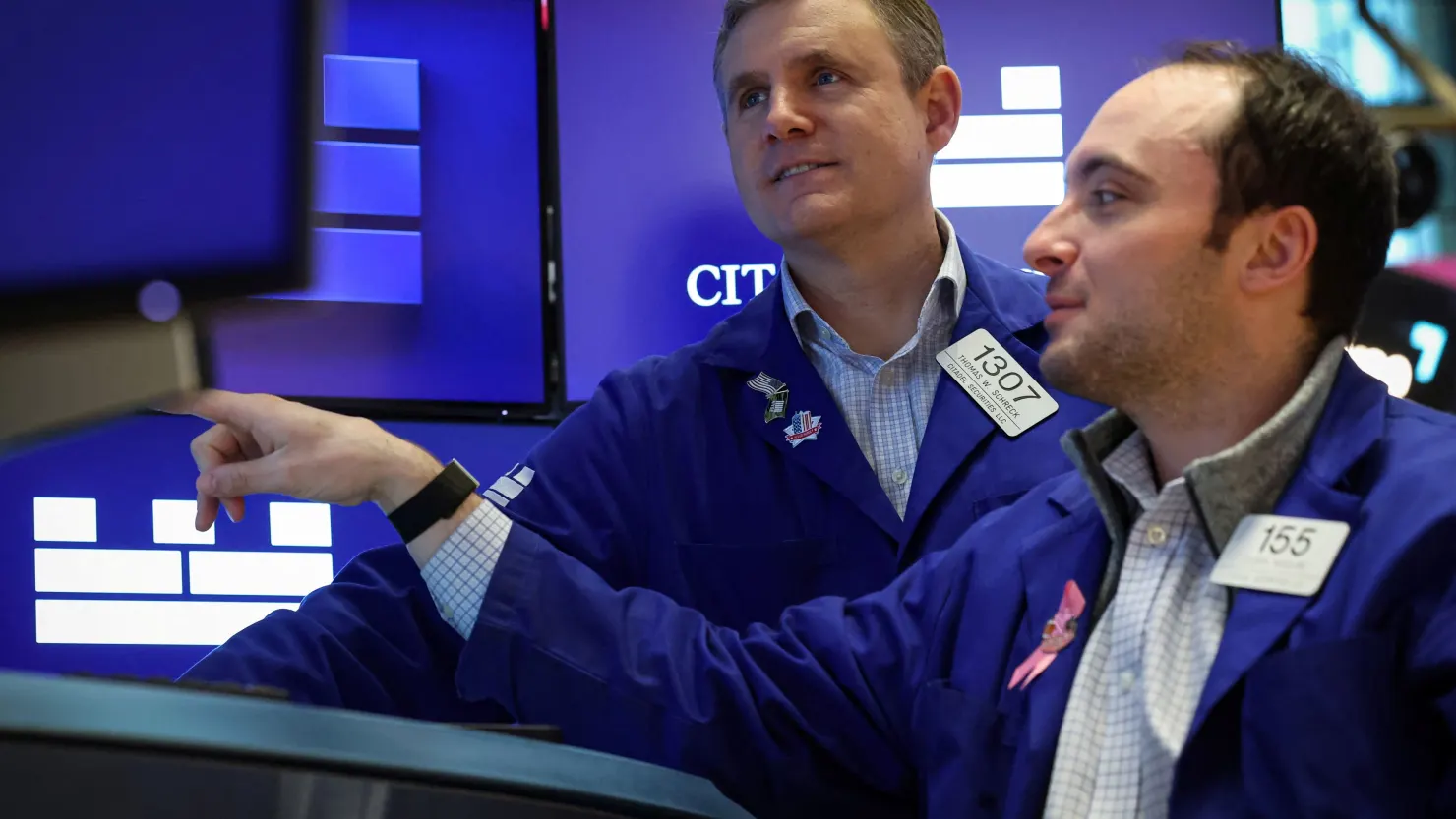
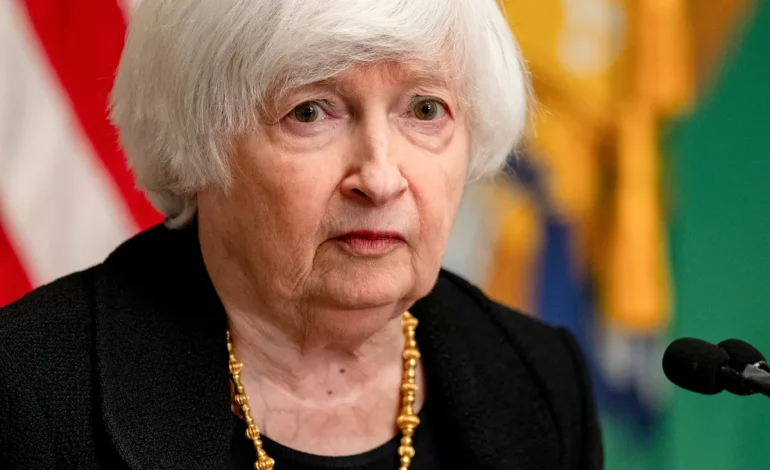




The latest news in your social feeds
Subscribe to our social media platforms to stay tuned